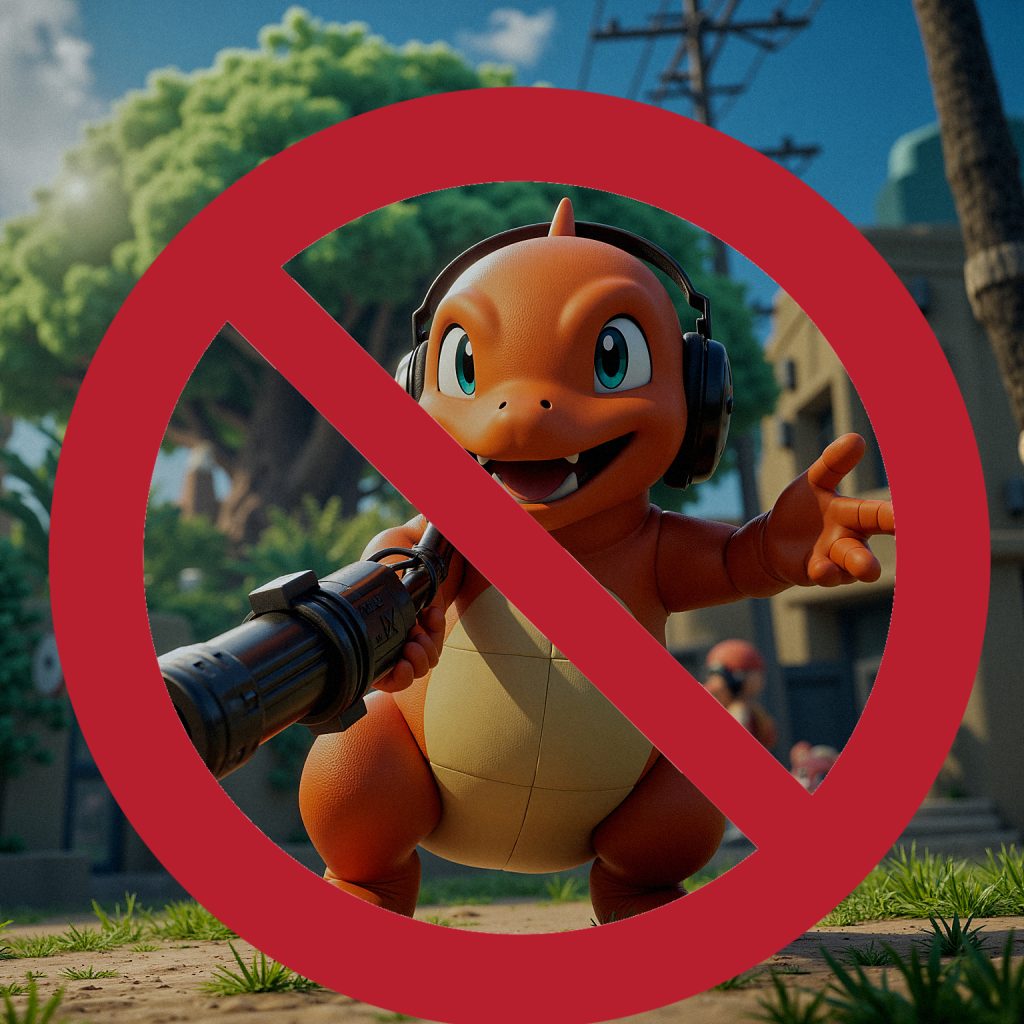Nintendo Retroactively Patents All Video Games, Sues Everyone in the World
Palworld was only the beginning

Nintendo’s latest legal maneuvers have sent shockwaves through the gaming community, as the iconic company has taken the unprecedented step of retroactively patenting all video games ever created. In a stunning display of corporate overreach, Nintendo has filed lawsuits against everyone in the world who has ever played a video game, claiming that their patents on fundamental game mechanics give them exclusive rights to the entire medium.
The controversy began when Nintendo filed a lawsuit against Palworld, a competitor of their immensely popular Pokemon franchise. Citing alleged copyright infringements, Nintendo sought to crush the fledgling company and cement their monopoly over the monster-catching genre. However, this was merely the first salvo in what appears to be a much broader legal campaign.
In a shocking revelation, it has come to light that Nintendo has been quietly filing patents on every conceivable game mechanic, from basic jump and run actions to more complex systems like inventory management and dialogue trees. By retroactively claiming ownership over these fundamental elements, Nintendo is essentially asserting that they are the sole creators of video games as we know them.
“Without us, all video games would just be like that terrible ET game from the 1980s. You need to give us money.” Said a Nintendo spokesperson dressed like Bowser..
As a result of this attitude, the company has begun suing not just developers and publishers, but individual players as well. Nintendo’s legal team argues that by engaging with patented game mechanics, even as end-users, gamers are violating their intellectual property rights. This has led to a wave of cease-and-desist orders being sent out to unsuspecting fans across the globe.
Critics have denounced Nintendo’s actions as a brazen attempt to stifle innovation and competition in the industry. By monopolizing the very building blocks of game design, they risk creating a stagnant landscape where only they can dictate what games are made and how they are made. Moreover, the targeting of everyday players has been met with outrage, as many feel that Nintendo is exploiting their passion for the medium to line their own pockets.
As the legal battles rage on, the gaming community finds itself at a crossroads. Will they stand by and watch as one company seeks to control the entire industry, or will they rise up and defend their right to freely create and enjoy video games? Only time will tell, but one thing is certain – Nintendo’s aggressive legal tactics have forever changed the landscape of the gaming world.



